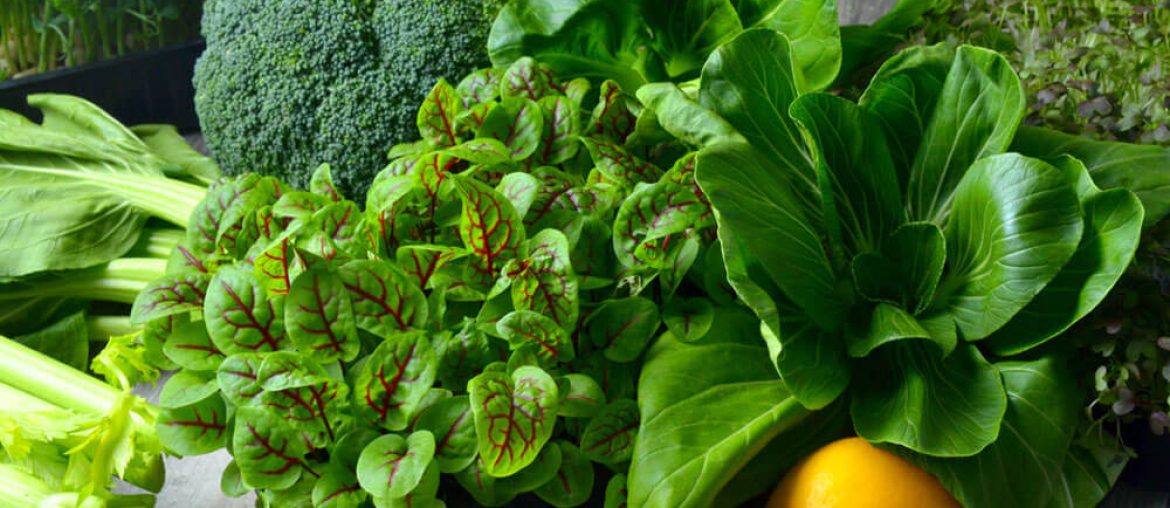Folate, or Folic Acid, is a type of B Vitamin. It helps to:
- make DNA
- repair DNA
- produce red blood cells (RBCs)
If you don’t have enough folate in your diet, you may end up with a folate deficiency. Certain drinks and foods, such as citrus juices and dark green vegetables, are particularly good sources of folate. Not eating enough folate can lead to a deficiency in just a few weeks. Deficiency may also occur if you have a disease or genetic mutation that prevents your body from absorbing or converting folate to its usable form.
Folate deficiency can cause anemia. Anemia is a condition in which you have too few RBCs. Anemia can deprive your tissues of oxygen it needs because RBCs carry the oxygen. This may affect their function.
Folate is particularly important in women of childbearing age. A folate deficiency during pregnancy can lead to birth defects. Most people get enough folate from food. Many foods now have additional folate to prevent deficiency. Nevertheless, supplements are recommended for women who may become pregnant. For more information on this, check out Oh, Baby! Prenatal Vitamins
Here are some great ways to get folate from food:
- Fortified Breakfast Cereal
- Black-eyes peas
- Orange juice
- Asparagus
- Greens (collard, turnip, kale, mustard)
- Pineapple juice
- Liver, organ meats
- Brussel sprout
- Avocado
- Cauliflower
- Spinach
Vegetables should be eaten raw or cooked briefly in a small amount of water.


















